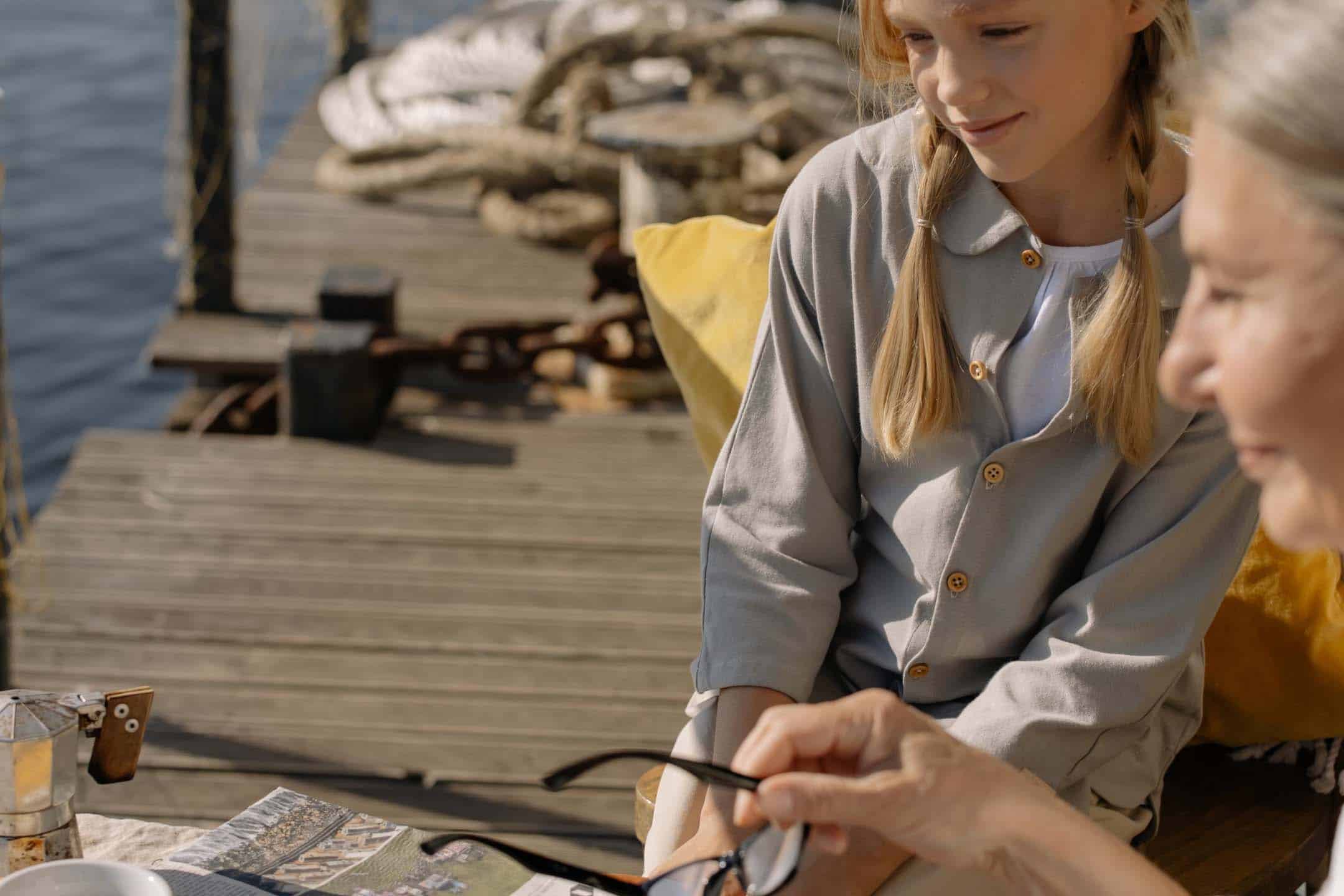Lucy* had been in a three-year relationship, during which time she became a mother to a boy and a girl. Sadly, the relationship with the children’s father was filled with physical, emotional, and mental abuse, with Lucy also experiencing abuse from her partner’s parents. Following a particularly difficult situation in which Lucy’s partner shook their son in anger, she ended the relationship and fled the home.
Lucy allowed the father to have supervised contact with the children and agreed to share parental responsibility with her ex-partner. Unfortunately, the children’s father took advantage of the situation, taking the three-year-old boy from Lucy’s home. He refused to return the boy to his mother and prohibited Lucy from contacting her young son. Although Lucy contacted the police for help, the authorities were unable to return the child as the father had parental responsibility.
We assisted Lucy in applying for a prohibited steps order (PSO) and specific issue order (SIO). A PSO would prevent Lucy’s ex-partner from exercising some aspects of his parental rights, while the SIO would help to resolve any issues and disagreements relating to the upbringing and well-being of the two children.
With the PSO and SIO granted, Lucy accompanied the police to collect her son from her ex-partner’s home. The child’s father continued to refuse to return the boy, and the police, unable to intervene, advised Lucy that the best course of action was to take the matter back to the court. This marked the third occasion on which police had been unable to remove the boy and place him back in his mother’s care.
We requested an urgent hearing, during which the child’s father informed the court that he was unaware of the terms of the PSO and SIO. However, having had legal representation, the terms would have been explained. The court ordered the father to abide by the terms and return the child to Lucy’s care by 18:00 on the same day.
The PSO was to remain in place until further notice, which would give Cafcass time to complete necessary safeguarding checks to ensure the wellbeing of the children. Cafcass, the Children and Family Court Advisory and Support Service, works with families at the request of the court, and acts in the best interests of the child.
Lucy is now reunited with her son, and the child is continuing to have supported contact with his father at a contact centre while proceedings are ongoing. Contact centres allow for children to build or maintain relationships with a relative following a difficult divorce or separation, and supported contact is designed for situations in which no significant risk of harm to the child has been identified.









